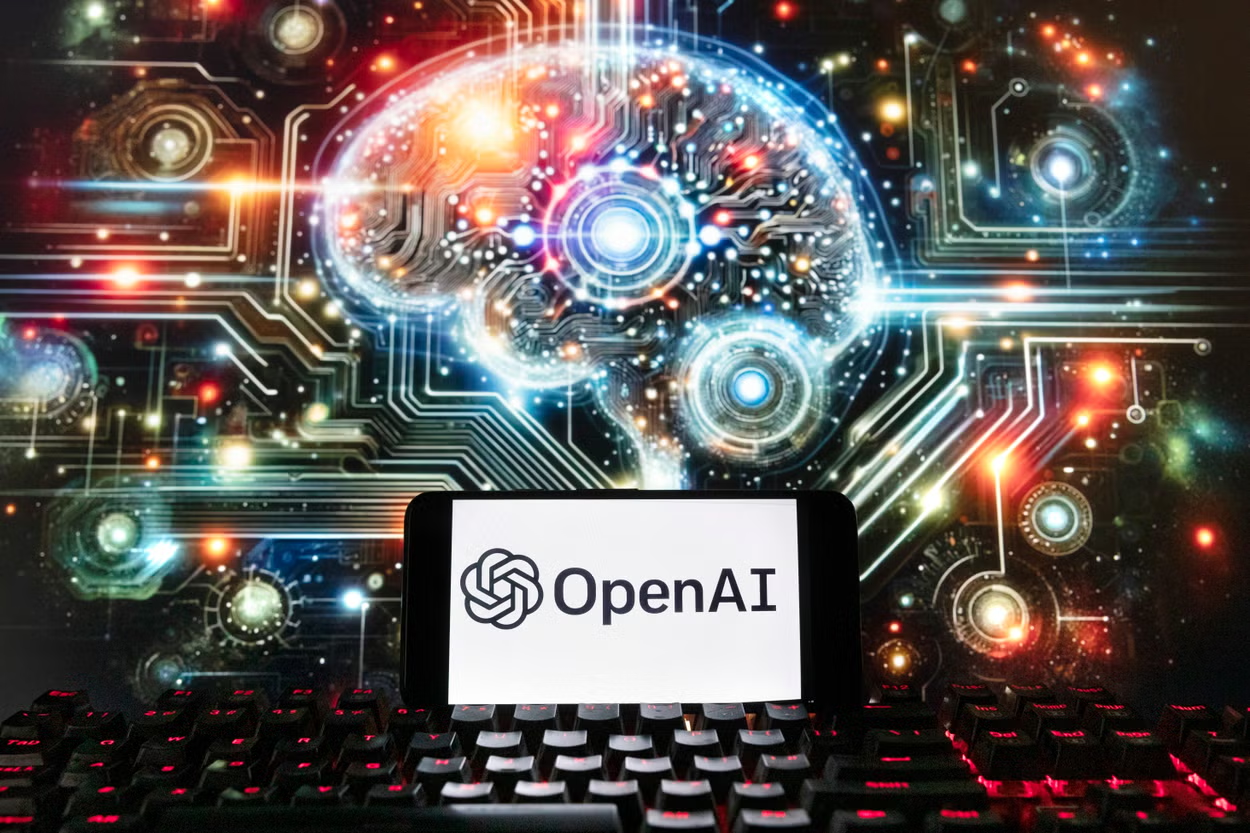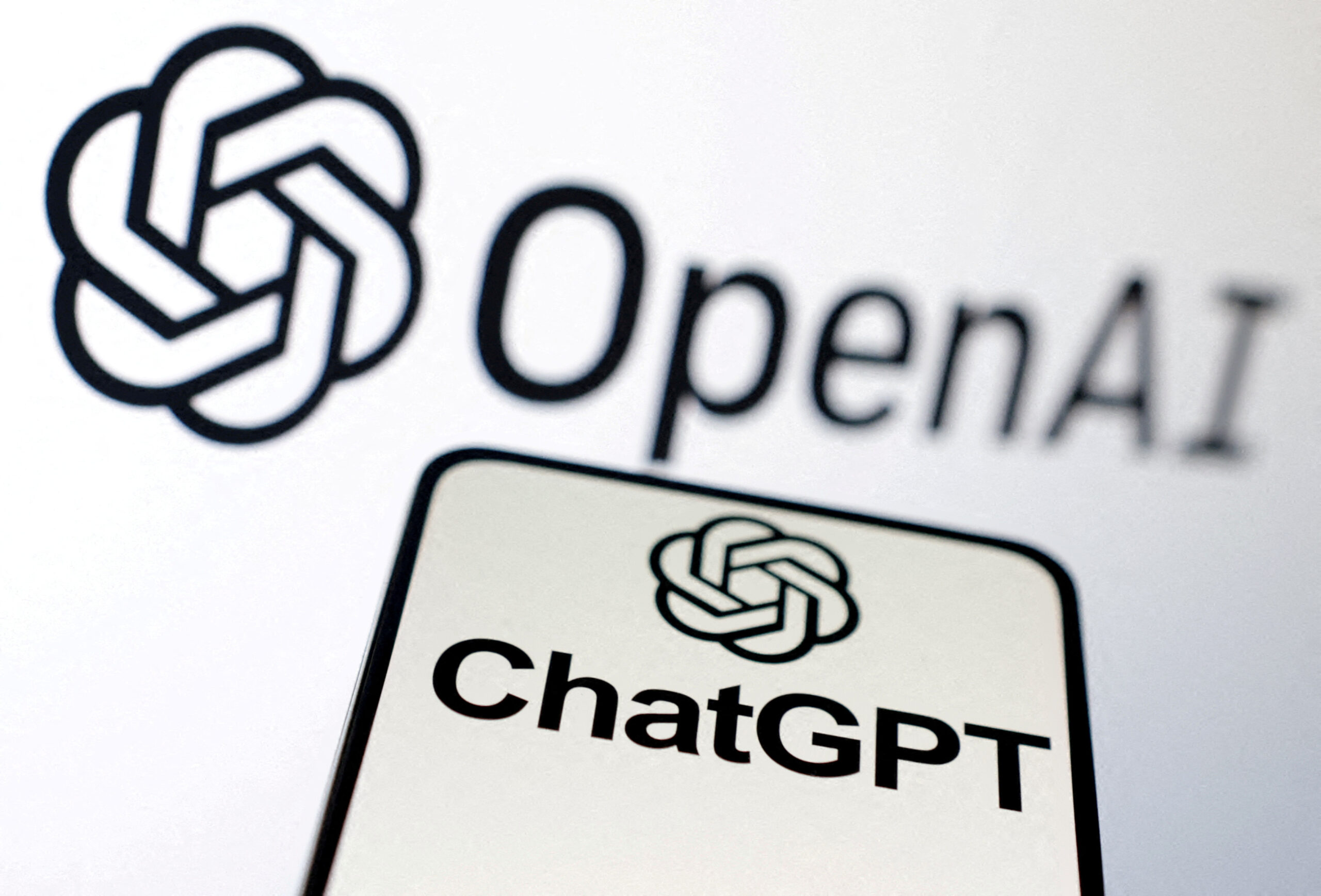In the landscape of modern technological marvels, Artificial Intelligence (AI) stands as a beacon of innovation, reshaping the way we live, work, and interact with the world around us. From simplifying daily tasks to revolutionizing entire industries, the integration of AI has ushered in an era of unprecedented advancement and improvement in our lives. Let’s delve into the myriad ways in which AI has become an indispensable ally, enhancing our daily experiences and propelling us toward a brighter future.
Enhanced Healthcare Diagnostics and Treatment:
AI-powered medical diagnostics have revolutionized healthcare by enabling faster and more accurate disease detection. Machine learning algorithms analyze vast amounts of patient data to identify patterns and predict potential health risks. Leading to early intervention and improved outcomes. Furthermore, AI-driven surgical robots assist surgeons with precision and dexterity, reducing recovery times and minimizing risks during complex procedures.
Personalized Learning and Education:
In the realm of education, AI has personalized the learning experience, catering to individual student needs and learning styles. Adaptive learning platforms use Artificial intelligence algorithms to assess student performance and tailor educational content accordingly, fostering deeper understanding and engagement. Virtual tutors and educational chatbots offer instant feedback and support, empowering learners to thrive in diverse academic pursuits.
Efficient Transportation and Urban Planning:
AI algorithms optimize transportation systems, reducing traffic congestion and enhancing safety on roads. From predictive maintenance for vehicles to real-time traffic management, Artificial intelligence enables smoother and more efficient mobility experiences. Moreover, urban planners leverage AI-powered simulations and predictive modeling to design sustainable cities and optimize resource allocation, leading to more livable and eco-friendly urban environments.
Streamlined Customer Experiences:
AI-driven chatbots and virtual assistants have transformed customer service by providing instant support and personalized recommendations. Natural language processing enables these virtual agents to understand and respond to customer inquiries seamlessly, improving satisfaction and loyalty. Furthermore, Artificial intelligence algorithms analyze customer data to anticipate preferences and enhance product recommendations. Facilitating more meaningful interactions between businesses and consumers.
Advancements in Agriculture and Food Security:
AI applications in agriculture optimize crop yields, reduce resource waste, and mitigate environmental impact. Autonomous drones and robotic harvesters equipped with Open Artificial intelligence algorithms monitor crop health and identify areas requiring intervention. Maximizing productivity while minimizing the use of pesticides and water. Additionally, predictive analytics help farmers anticipate market demand and adapt cultivation practices, contributing to global food security.
Innovations in Environmental Conservation:
AI plays a pivotal role in monitoring and preserving the natural environment, from tracking endangered species to combating climate change. Satellite imagery analysis powered by AI identifies deforestation patterns and illegal logging activities, enabling timely intervention by conservation efforts. Furthermore, AI algorithms optimize energy consumption and facilitate the transition to renewable sources, fostering a more sustainable and resilient planet.
Empowering Accessibility and Inclusion:
AI technologies promote accessibility and inclusion by breaking down barriers for individuals with disabilities. Speech recognition and natural language processing empower people with visual impairments or motor disabilities to interact with digital devices more effectively. Moreover, Open AI-powered assistive technologies, such as smart prosthetics and communication aids, enhance independence and quality of life for individuals with diverse needs.
In conclusion, the integration of AI has undeniably improved our lives in myriad ways. Empowering us to tackle complex challenges and unlock new opportunities for progress. As we continue to harness the transformative potential of Artificial intelligence it is essential to prioritize ethical considerations and ensure that these technologies serve the collective good. By embracing AI innovation with foresight and compassion, we can cultivate a future where technology enhances human flourishing and fosters a more inclusive and sustainable world for generations to come.


